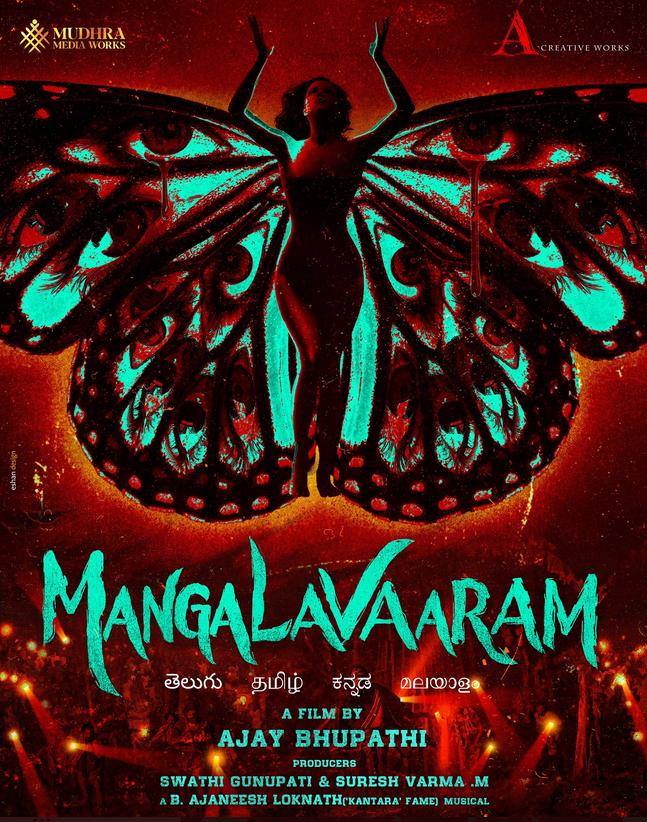Is the rise of piracy websites like Movierulz affecting the film industry in ways we haven't fully grasped yet? The proliferation of unauthorized platforms offering free access to the latest Bollywood, Hollywood, and regional films has become a growing concern for content creators worldwide. Movierulz, one such website, has gained notoriety for enabling users to download or stream movies without paying a dime. This alarming trend poses significant challenges to filmmakers, producers, and distributors who invest heavily in producing high-quality cinema. Despite legal efforts to curb these operations, they continue to thrive, raising questions about intellectual property rights and consumer behavior.
The Madras High Court recently made headlines when it declined to stay the release of the movie Domnic and Ladies Purse, allowing its scheduled theatrical launch to proceed as planned. Produced by Mammooty Kampany Private Limited and directed by renowned filmmaker Gautam Vasudev Menon, the film faced last-minute legal hurdles due to claims of unpaid financial dues. Two parties, Mr. K. Punniyamoorthy and All in Pictures, filed applications seeking an injunction against the film's release. However, their arguments were dismissed after thorough scrutiny during the hearing. While this decision ensures that audiences can enjoy the much-anticipated movie, it also highlights ongoing disputes within the entertainment sector regarding ownership and payment obligations.
Platforms like Movierulz have emerged as go-to destinations for cinephiles looking to bypass traditional distribution channels. These websites offer unauthorized downloads and streams of both mainstream blockbusters and niche regional productions, including Telugu, Tamil, Malayalam, Kannada, and Marathi films. For instance, the recent release of Lucky Baskhar (2024), a critically acclaimed Telugu movie, found itself circulating on Movierulz shortly after hitting theaters. Such rapid dissemination undermines legitimate revenue streams, leaving studios scrambling to recover costs while combating piracy simultaneously.
Moreover, the convenience factor cannot be ignored—users can effortlessly browse through vast libraries filled with new releases, classic titles, and even web series. Take Doodle Girl, a delightful animated show now streaming on RTE Player, which might face similar risks if pirated versions surface online. As technology evolves, so too do methods employed by pirates to distribute copyrighted material illegally. Consequently, stakeholders must adopt innovative strategies to protect their intellectual properties while educating consumers about ethical consumption practices.
In response to escalating piracy issues, authorities worldwide are intensifying crackdowns on illegal websites. In India alone, several high-profile cases involving sites like TamilRockers, FilmyZilla, and Movierulz have been reported over the past few years. Yet enforcement remains challenging due to jurisdictional complexities and ever-evolving digital tactics used by offenders. Meanwhile, some argue that stricter regulations could stifle creativity rather than fostering collaboration between rights holders and tech innovators aiming to provide affordable alternatives.
Telugu cinema enthusiasts form a substantial portion of Movierulz's user base. With increasing demand for regional language films globally, platforms catering specifically to South Indian audiences have proliferated rapidly. Among them, Telugu 4 Movierulz stands out as a hub for accessing newly released titles from Andhra Pradesh and Telangana states. Fans appreciate having instant access to their favorite actors' performances regardless of geographical location constraints. Nevertheless, supporting original creators financially remains crucial for sustaining quality output across all genres.
As we delve deeper into how piracy affects various aspects of filmmaking—from pre-production budgets to post-release profits—it becomes evident that addressing this issue requires collective effort. Studios need robust mechanisms to monitor unauthorized sharing activities while exploring flexible pricing models that cater to diverse demographic preferences. Simultaneously, governments should prioritize legislation updates reflecting current technological advancements alongside international cooperation initiatives targeting cross-border offenses.
Looking ahead, collaborations between tech companies, content providers, and regulatory bodies hold promise for creating sustainable ecosystems where everyone benefits fairly. By leveraging blockchain technologies, AI-driven analytics tools, and enhanced encryption protocols, industries can better safeguard their assets against future threats posed by rogue operators. Furthermore, public awareness campaigns emphasizing respect for artists' work will play pivotal roles in shifting societal attitudes towards valuing authentic experiences over quick fixes offered by illicit services.
In summary, although Movierulz represents just one facet of broader global piracy concerns, tackling it effectively necessitates comprehensive approaches encompassing policy reforms, technological innovations, and behavioral shifts among end-users. Only then can we ensure long-term viability for creative industries amidst evolving market dynamics driven by digital transformation trends sweeping across continents today.



